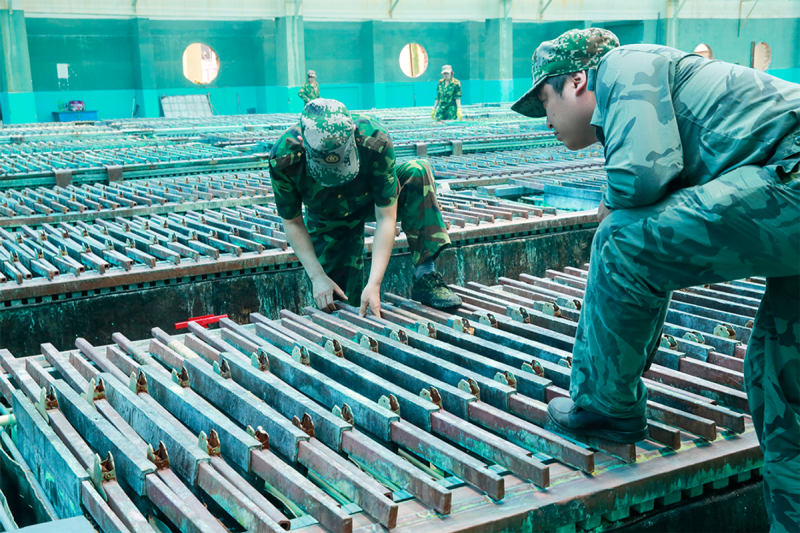The global supply chain of rare earth elements (REEs) has long been dominated by China, which holds a significant share of the world’s reserves and production capacity for these essential materials. This heavy reliance on a single country for such a critical resource has raised concerns about the stability and security of supply chains, prompting efforts to reduce dependency on China for rare earths production and processing.
One strategy to diversify rare earth supply chains involves increasing production capacity outside of China. Countries like Australia, the United States, and Canada have significant rare earth deposits that could be further developed to lessen reliance on Chinese-sourced rare earths. By incentivizing investment in domestic production facilities and implementing supportive policies, these countries can bolster their own rare earth output and reduce dependence on imports.
Another approach to reducing reliance on China for rare earths is to promote recycling and efficient use of these materials. Rare earths are present in various electronic devices, industrial components, and green technologies, making them prime candidates for recycling. By implementing effective recycling programs and developing technologies to extract rare earths from electronic waste, countries can minimize the need for new production and processing while conserving valuable resources.
Furthermore, efforts to develop alternative sources of rare earths, such as deep-sea mining or extraction from unconventional deposits, could help diversify the global supply chain. Investment in research and development to explore new extraction techniques and sources of rare earths is crucial for establishing a more resilient and sustainable supply chain that is less dependent on China.
Collaboration between countries and industry stakeholders is also key to reducing reliance on China for rare earth production and processing. By fostering partnerships and sharing expertise, knowledge, and resources, countries can collectively work towards developing a more balanced and secure supply chain for rare earths. International cooperation and coordination can help address the challenges associated with reducing dependency on a single dominant player in the rare earth market.
In conclusion, diversifying the global supply chain of rare earth elements is essential for enhancing the stability, security, and sustainability of rare earth supply chains. By increasing production capacity outside of China, promoting recycling and efficient use of rare earths, exploring alternative sources, and fostering international collaboration, countries can reduce their reliance on Chinese-sourced rare earths and establish a more resilient and diversified supply chain. This multifaceted approach requires collective efforts from governments, industry players, and stakeholders to ensure a secure and sustainable future for rare earth supply chains beyond China.

